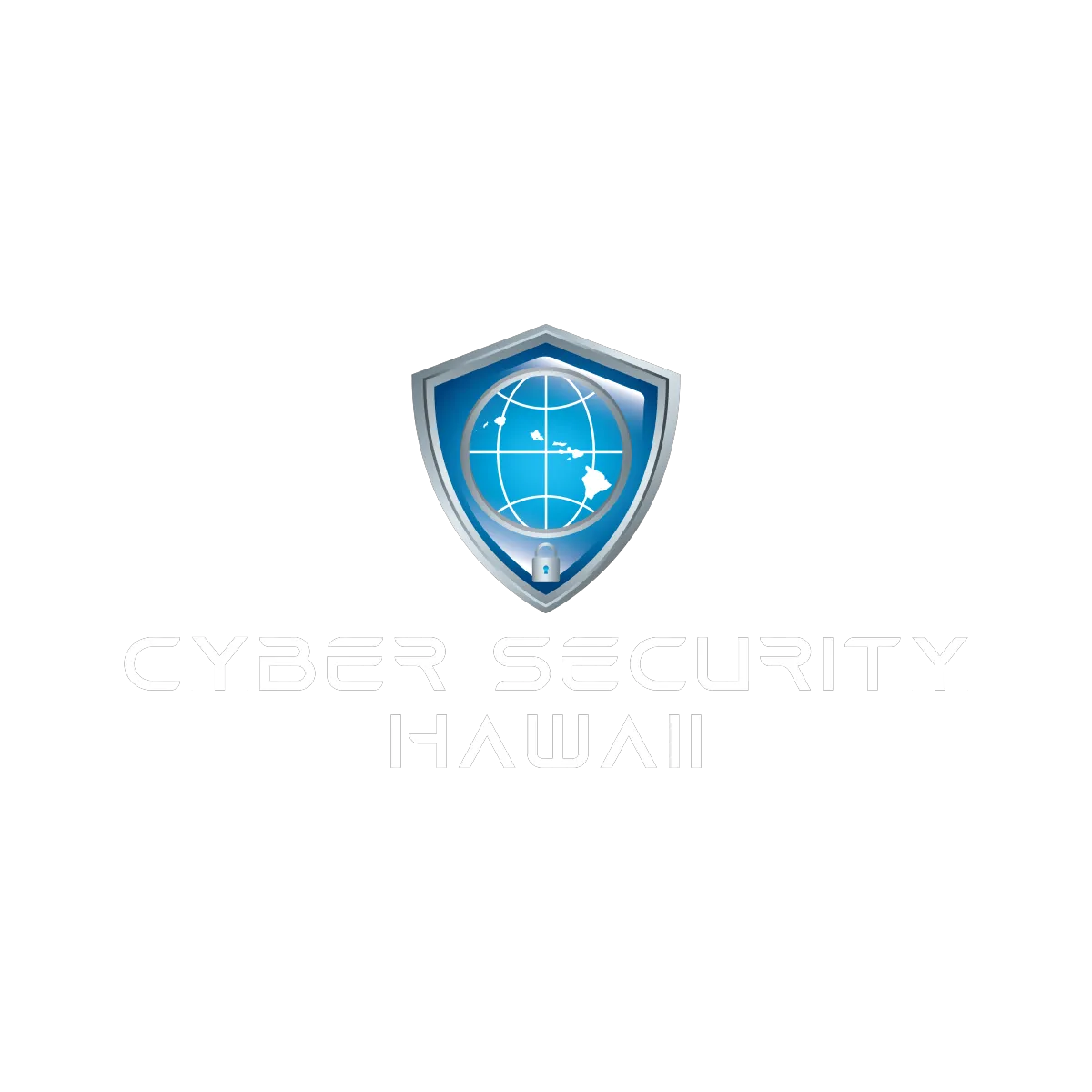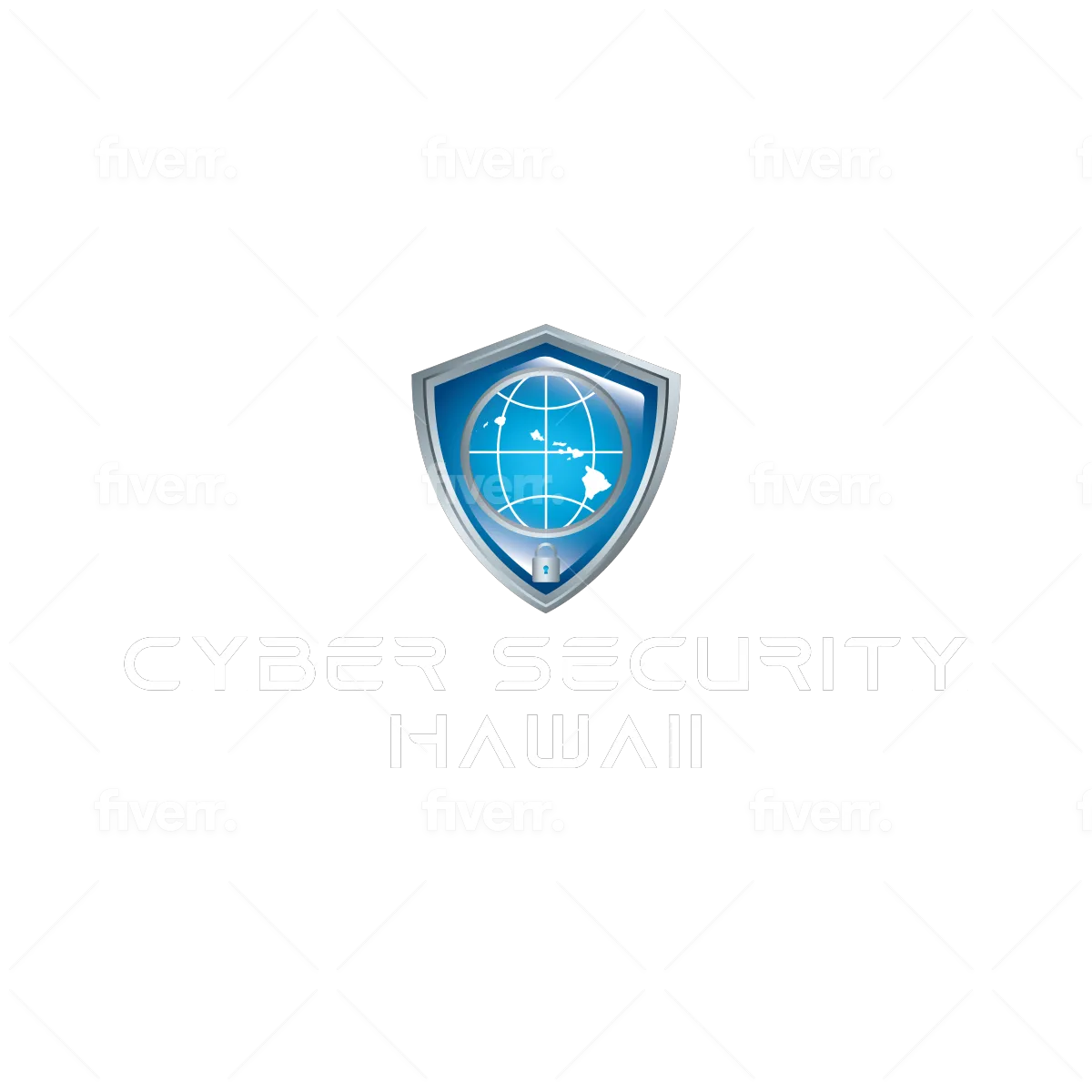In today's digital age, healthcare providers face increasing challenges in safeguarding sensitive patient information. The Health Insurance Portability and Accountability Act (HIPAA) sets stringent regulations to protect patient privacy and security. To maintain compliance, healthcare organizations must implement robust security measures and stay updated on evolving industry standards.
To help healthcare providers navigate the complexities of HIPAA compliance, we've created a comprehensive checklist. This checklist covers key areas like risk analysis, policies and procedures, employee training, and incident response planning. By following this checklist, healthcare organizations can identify potential vulnerabilities, strengthen their security posture, and mitigate risks.
Before we dive into the checklist, let's address some common questions about HIPAA compliance.
Question 1: What are the key components of a HIPAA compliance program?
A robust HIPAA compliance program should encompass several key components:
Risk Analysis: Conduct a thorough risk assessment to identify potential vulnerabilities and prioritize security measures.
Policies and Procedures: Develop comprehensive policies and procedures to guide employees on how to handle patient information securely.
Employee Training: Provide regular training to employees on HIPAA regulations, security best practices, and incident response procedures.
Physical and Technical Safeguards: Implement physical security measures to protect physical access to patient information and technical safeguards to secure electronic health information (EHI).
Business Associate Agreements: Ensure that business associates comply with HIPAA regulations through written agreements.
Incident Response Plan: Develop a plan to respond to security breaches and data breaches promptly and effectively.
Question 2: How often should HIPAA compliance policies and procedures be reviewed and updated?
HIPAA compliance is an ongoing process. It's essential to review and update policies and procedures regularly to address evolving threats and regulatory changes. We recommend reviewing and updating your policies and procedures at least annually.
Question 3: What are some common mistakes healthcare providers make regarding HIPAA compliance?
Some common mistakes healthcare providers make include:
Lack of employee training: Failing to provide adequate training to employees can lead to human error and security breaches.
Weak access controls: Not implementing strong access controls, such as passwords and multi-factor authentication, can compromise patient information.
Neglecting physical security: Ignoring physical security measures, such as locking doors and securing paper records, can expose patient information to unauthorized access.
Failure to conduct risk assessments: Not conducting regular risk assessments can leave organizations vulnerable to emerging threats.
Question 4: How can healthcare providers stay updated on HIPAA regulations and best practices?
To stay informed about HIPAA regulations and best practices, healthcare providers should:
Monitor regulatory updates: Keep track of changes to HIPAA regulations and industry standards.
Attend industry conferences and webinars: Participate in industry events to learn about emerging threats and security best practices.
Subscribe to industry newsletters and blogs: Stay updated on the latest news and insights from reputable sources.
Consult with cybersecurity experts: Seek expert advice to ensure compliance and strengthen security measures.
Question 5: What are the potential consequences of non-compliance with HIPAA regulations?
Non-compliance with HIPAA regulations can result in severe penalties, including: 1
Civil monetary penalties: Fines ranging from $100 to $50,000 per violation, with a maximum annual penalty of $1.5 million.
Criminal penalties: Imprisonment for up to 10 years and fines of up to $250,000 for willful neglect.
Reputational damage: HIPAA breaches can damage a healthcare organization's reputation and erode patient trust.
HIPAA Compliance Checklist
To help healthcare providers assess their HIPAA compliance posture, we've created a comprehensive checklist. By following this checklist, you can identify potential vulnerabilities and take steps to strengthen your security measures.
1. Risk Analysis
Conduct a thorough risk assessment to identify potential threats and vulnerabilities.
Prioritize risks based on their likelihood and impact.
Develop a risk mitigation plan to address identified risks.
2. Policies and Procedures
3. Employee Training
Provide regular training to all employees on HIPAA regulations, security best practices, and incident response procedures.
Document employee training records.
Conduct annual HIPAA training to ensure ongoing compliance.
4. Physical Safeguards
5. Technical Safeguards
6. Business Associate Agreements
7. Incident Response Plan
Develop a comprehensive incident response plan to address security breaches and data breaches.
Test the incident response plan regularly.
Review and update the plan annually.
Conclusion
By following this HIPAA compliance checklist and implementing robust security measures, healthcare providers can protect patient privacy and security, mitigate risks, and avoid costly penalties.
Need Expert Help?
If you need assistance with HIPAA compliance or cybersecurity, our team of experts at Cyber Security Hawaii can help. Schedule a free 15-minute IT strategy session to discuss your specific needs and explore how we can help you safeguard your practice.
Book your free consultation here: https://strategy.cybersecurehawaii.com
Remember, HIPAA compliance is an ongoing process. By staying vigilant and taking proactive steps, you can ensure the protection of sensitive patient information.
www.hipaanswers.com




